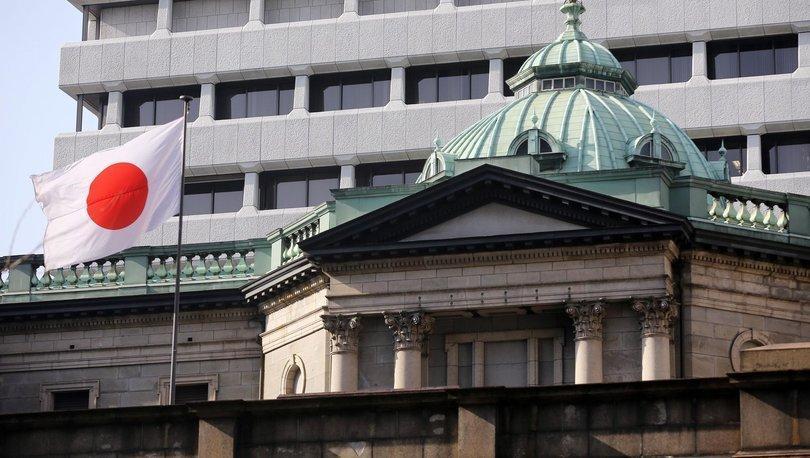
Japan’s central bank left its ultra-easy monetary policy unchanged in its last meeting before Governor Haruhiko Kuroda steps down and is replaced by economics professor Kazuo Ueda.
While most analysts expected the Bank of Japan to stay the course in Kuroda’s final policy decision, some had speculated about a surprise tweak.
The bank left its longstanding negative interest rate in place and made no further adjustments to the band in which rates for 10-year government bonds fluctuate.
The decision came shortly after Japan’s parliament approved Ueda as the BoJ’s next governor, paving the way for the 71-year-old to take over in April.
In recent months, the BoJ has steadfastly resisted tightening, even as peers in other developed economies have hiked rates to tackle inflation, a policy gap that has caused the yen to tumble against the dollar.
Kuroda has insisted that the bank’s longstanding goal of sustained 2 percent inflation, considered necessary to turbocharge the world’s third-largest economy, has not yet been achieved.
Consumer prices hit 4.2 percent in January, driven by factors including higher fuel costs, but Kuroda has argued the rises are the result of temporary factors like the war in Ukraine.
He wants to see evidence of more sustained rises, including salary increases, before adjusting policy.
Ueda told lawmakers last month that he saw the “continuation of monetary easing as appropriate,” warning of uncertainty in financial markets and the global economy.
Current factors driving higher prices “will likely ebb in the future, and inflation in consumer prices will likely drop below 2 percent,” he added.
Ueda has a PhD in economics from the Massachusetts Institute of Technology and is seen as a good communicator who prefers cautious reflection over abrupt action.